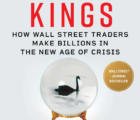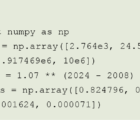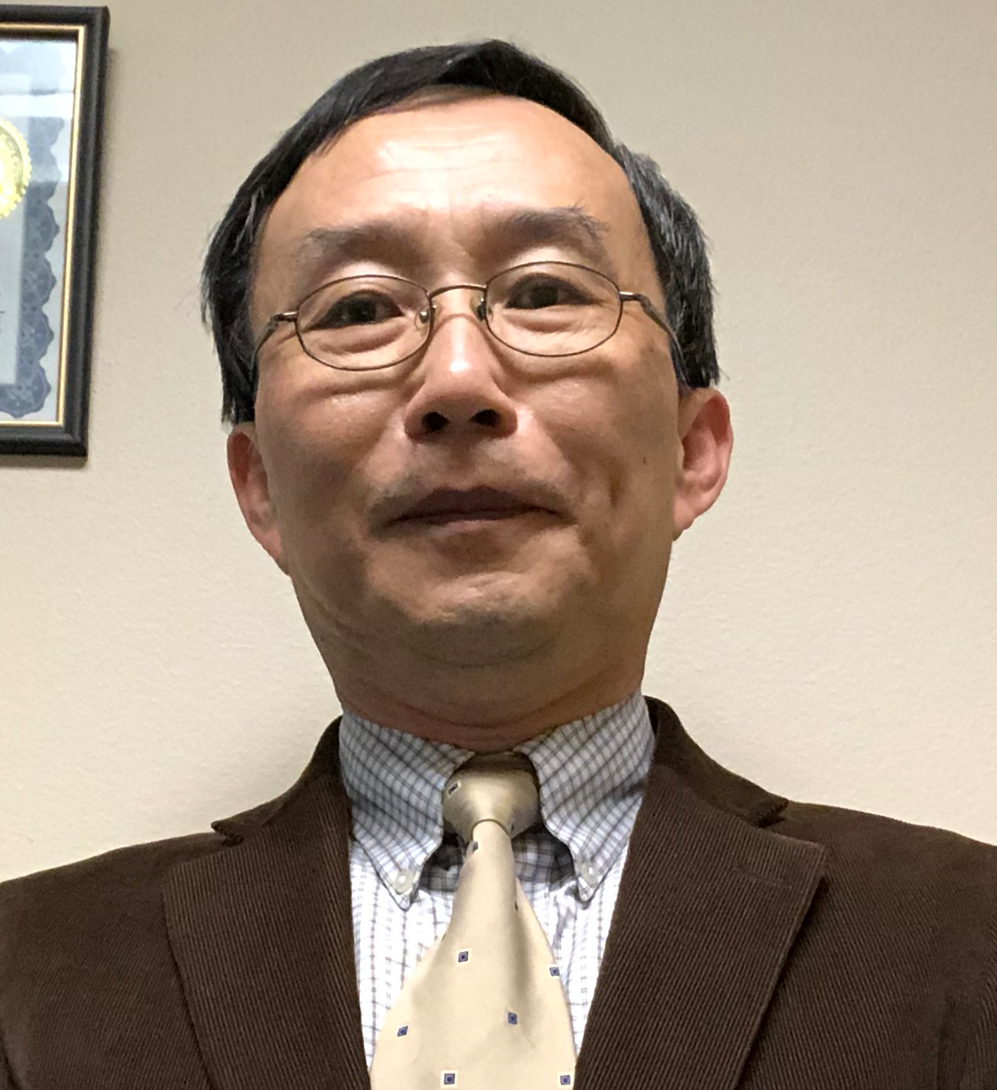About one-third of the CAS membership volunteers every year. Of that group, the CAS honored 10 exceptional volunteers during last year’s Annual Meeting. What makes these awardees even more special is that they were nominated by their peers. Some go above and beyond for a focused and finite project over the course of a year. Some are new to volunteering and to the CAS but have shown themselves as outstanding leaders. Others are long-time volunteers who have devoted themselves throughout their careers to elevating and advancing the actuarial profession. With National Volunteer Week beginning April 21 of this year, we thought it was the perfect time to honor these volunteers by giving them an opportunity to speak of their experiences volunteering with the CAS — why they do it, what they enjoy most about it, and what aspect stands out.
The New Members Award
Recognizes volunteer contributions during an individual’s first five years from their most recent credential.
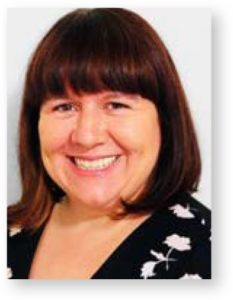
Ildiko Ban, FCAS
Recognized for work on the Candidate Advocate Working Group
I started volunteering after being inspired to do so by my prior colleagues who have been very active with the CAS. From there, there was no turning back. I find it rewarding giving back to the actuarial community, but to be honest, I like it just as much that volunteering gives me the ability to have a say in matters impacting candidates and members, and this way, influence the organization’s direction.
Volunteering gave me the opportunity to glance behind the scenes and see all the hard work done by volunteers and CAS staff to run an organization of this size smoothly. I had a direct view to see how much attention is given to feedback received from candidates and members via different channels. I could also see how much work is put into coming up with solutions for concerns raised. Some of these can’t be solved easily or quickly, but now I know that staff and volunteers will work tirelessly to find the needed solutions.
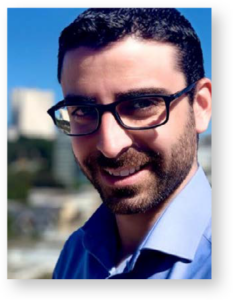
Rafael Costa, FCAS
Recognized for work on Brazil Outreach and the Data Insurance Series Courses (DISC) Task Force
It starts with giving back to the profession that has created so many opportunities for me, both on the personal side and in terms of career growth. As volunteers, we get to shape the CAS with input on its strategy and also bring it to life. For example, the work that I get to do on the Latin America Regional Working Group supports our ambition to expand globally, which is an important strategic initiative that will benefit all of us as CAS members.
I value the fact that the CAS structures volunteering opportunities in a way that enables and empowers most of our members to be able to help. For example, when I worked on developing the CAS DISC online course “Introduction to Data Analytics,” our team had a mix of people who had only a few hours available to help and others who were able to dedicate time to various stages of the project. Also, volunteers can find opportunities that best align with skills they wish to develop, ranging from soft skills to research on cutting-edge topics. That flexibility has helped me adjust the amount and type of volunteering that I have done over the years.
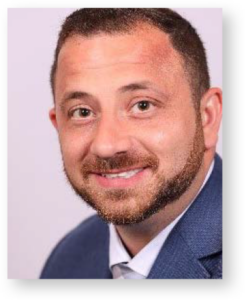
Michael Mancuso, FCAS
Recognized for University Liaisons, the CAS Student Central Summer Program, the Syllabus and Examination Working Group, and the Annual and Spring Meeting Planning Working Groups
I am very proud of being an actuary, and I am very proud of the CAS. Helping spread awareness around the actuarial profession and any contributions that I can make to the CAS, both big and small, helps to raise the profession up for everyone.
I love hearing updates from mentees as they progress through their exams, careers and life. I hope my excitement lives on in them as they get their credentials and inspires them to continue the cycle of volunteerism!
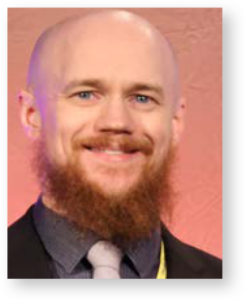
Jason Nikowitz, FCAS
Recognized for the Student Programs Task Force and Property Casualty Predictive Analytics Task Force
I enjoy how much I’ve continued to learn about the profession from the people I volunteer with. It seems like every volunteer call I pick up has information I wasn’t aware of previously. Sometimes it’s small “fun facts,” but other times it can be pretty interesting and complex. Occasionally, there’s even a follow-up e-mail where someone shares a white paper or article for further learning.
Volunteering has a lot to offer, and every experience is a little different. At the end of the day, it’s an opportunity to engage with others in the same profession while helping build or maintain one of the organizations that defines that profession.
Above and Beyond Achievement Award
Recognizes outstanding volunteer contributions during the previous year.
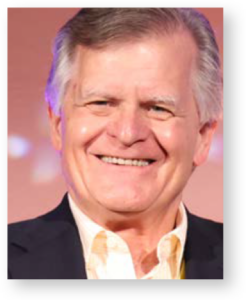
Bob Downer, FCAS
Recognized for the Investment Council and tenure as Assistant Treasurer
I love the CAS and want to give back for many reasons. First, the CAS helped to open the door to my career as an actuary — a career full of challenge and meaningful rewards. Second, the roles played by actuaries remain of great value to the economy. Third, the CAS continues to grow and seek greater value for the profession. Finally, the CAS uses a business model where volunteers are the core of strategic and tactical management.
It is good that the volunteer-centric business model for the CAS remains in place. It is also good that the CAS remains on its own as the professional association representing P&C actuaries.
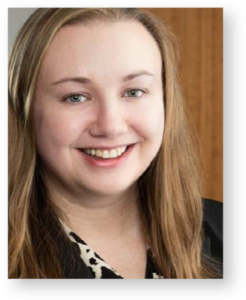
Laura Hemmer, FCAS
Recognized for the Candidate Advocate Working Group
I really like being able to connect with CAS members from across the U.S. and the world. I work for a small insurance company, and volunteering gives me the opportunity to grow my actuarial circle. It’s always fun to see people at CAS meetings and to reconnect.
There are so many more opportunities to volunteer with the CAS than you’re probably aware of. Everyone is familiar with the Exam Committees and grading positions (and those are great opportunities to volunteer), but there is a whole host of other working groups! The CAS has done a great job recently with doing bios of each group. So, read through them and find one that interests you. Don’t feel like you can’t contribute until you’ve been a member for a while — hearing new voices is very important to the Society.
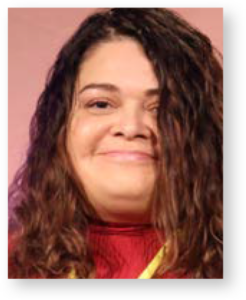
Regina Kintana, ACAS
Recognized for the Organization of Latino Actuaries (OLA)
Years before OLA existed, I had a vision. I wanted to introduce the Association of Latino Professionals for America (ALPFA) to the actuarial profession. ALPFA has an annual convention, and I’ve always wanted to have actuarial representation there. In 2018 my dream was realized! OLA sponsored students to attend the convention.
Most of my volunteer work has been with OLA. I have loved the relationships I’ve built and seeing the success of my students. I love seeing them with letters after their names! But I absolutely love getting those “I-got-an-offer” text messages. I know that for them the journey is entering a new chapter, but getting to that part is huge. I’ve also had students tell me that their starting salaries are more than what their parents make. Talk about improving the wealth gap!
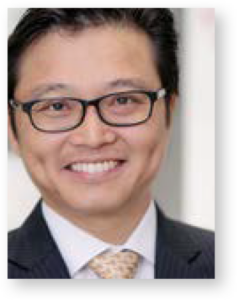
Jeremy Lian, FCAS
Recognized for the Asia Region Casualty Actuaries (ARECA)
I am honored to have been given the opportunity to serve as the CAS’s Asia Regional Casualty Actuaries president. I have tried my best to organize as many events as possible and activities for CAS members in Asia to earn CPD credits and to get to know one another. We had a mixture of virtual meetings and on-site seminars, and the latter were quite well attended as most countries in the region were getting out of COVID and restrictions. I could not have done this without my great team of volunteers, CAS staff members and the CAS Asia Ambassador, who managed to bring the CAS community in Asia closer, especially the new members who may have felt “lost” after completing the CAS exams. I had the opportunity to engage with local regulators, universities and employers in my capacity as a CAS leader, which I would not have been able to do on my own. I even had dinner with the CAS president and the CAS Asia ambassador at a local eatery in Singapore.
There are many people who would like to volunteer but do not know where to start or how much time and effort is required. Whenever you are ready to volunteer for the CAS, you can contact a CAS staff member or any of our ARECA members. There are various volunteering opportunities, ranging from ad hoc speaker engagements, professionalism programs and special interest task forces and working groups. I am certain there is some work that will interest you. For ARECA, we welcome volunteers from Hong Kong, Singapore, Malaysia, Thailand, India, the Philippines, and any other territory in Asia.
The Matthew Rodermund Memorial Service Award
Acknowledges CAS members who have made considerable volunteer contributions to the actuarial profession over the course of their careers.
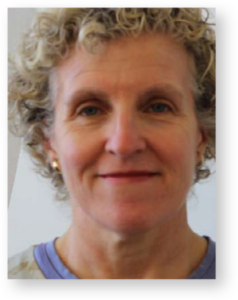
Mary Hosford, FCAS
[Volunteering for the CAS is] fun, interesting, and educational! I am always impressed at the viewpoints and smarts that other CAS members contribute to resolve issues. Through volunteering I have learned a lot about how to work together to get things done.
[My favorite memory is] chairing committees or taking on other leadership positions, which isn’t — or wasn’t, anyway— really like me. I was pretty much badgered into taking on my first volunteer role as a member of the [then-called] Ratemaking Seminar Committee. I never dreamed at the time that I would one day serve on the CAS Board or as a VP.
After all these years, I love that I can walk into a CAS reception or other event and usually run into a number of people that I know (and like)! It’s a great way to make connections. It’s great that as a volunteer you get a glimpse of how certain aspects of the CAS (or, depending on the role, all of them) are carried out. It is a smart organization, and getting the inside scoop makes me proud to be a member of it.
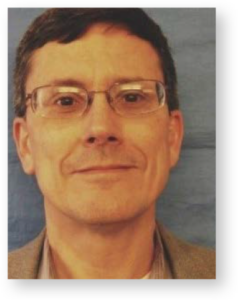
Kenneth Quintilian, FCAS
I am very proud to have been nominated by the CAS and elected by the membership to the CAS Board of Directors (some years ago now). In total I spent nine years attending CAS Board meetings in various capacities (secretary, VP and board member), and all of my fondest memories of volunteering arise from those years.
You get out of it what you put into it. My favorite experience and my best memories were of my years in CAS executive leadership. However, those were also the most demanding of me in terms of time as well as travel. The hardest jobs are the ones that bring you the greatest rewards long-term, and that applies to volunteer jobs as well.
I did not volunteer as an ACAS because I thought it more appropriate to focus my efforts on finishing my exams. But for a new FCAS, I suggest you start with something doable (don’t overcommit), and in an area in which you are interested. They told me all new Fellows work in Admissions. But I was never interested in writing questions or grading exams when I was a new FCAS, so I looked around for something more appealing to me. I struck on the board of the CAS Regional Affiliate CAGNY. This turned out to be a great way for a new Fellow to get exposure locally, meet other actuaries both on the CAGNY Board and at CAGNY meetings, and to get the word “president” (of CAGNY) into my CV only a few years after my Fellowship! As a junior consulting actuary, I was also glad that it was not terribly time-consuming. I was always glad I chose that as my first foray into volunteering.
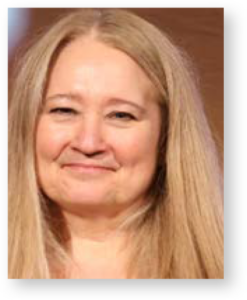
Julia Stenberg, FCAS
There are so many reasons I volunteer. First, it’s fun! I’ve enjoyed meeting so many people through my CAS work, and it’s not superficial — I’ve gotten to know a lot of folks pretty well over the years, and I always enjoy meeting and working with new members.
Another reason I volunteer is that I’ve learned and had the opportunity to practice a lot of skills that have helped me in my real job. I can effectively run a lot of different types of meetings. Having a performance conversation with a volunteer — holding them accountable for what they promised to do— is not that much different from having a performance conversation with an employee. I’ve been able to practice my communication skills — especially my listening skills, which always need work — while serving on various committees where not everyone agrees on a course of action. I’ve led complex projects. When I was on the CAS Board of Directors, I had the opportunity to serve on the board committee that did a CEO search. Going through the exercise of talking about our organization, agreeing on key skills for the new CEO, interviewing candidates and evaluating them as part of a committee was a real growth experience for me. In more recent years, I have noticed that I’m more attracted to roles that are more strategic than execution-oriented. In my early years of volunteering, I worked on committees and working groups with specific deliverables — an exam or a meeting. Now I’m more interested in working on bigger issues, such as what are the skills that actuaries will need five to 10 years from now? What sets us apart from data scientists and other quantitative professions? How do young actuaries develop influencing skills and leadership skills, for the good of the profession? There are lots of big, meaty questions out there to make progress on.





